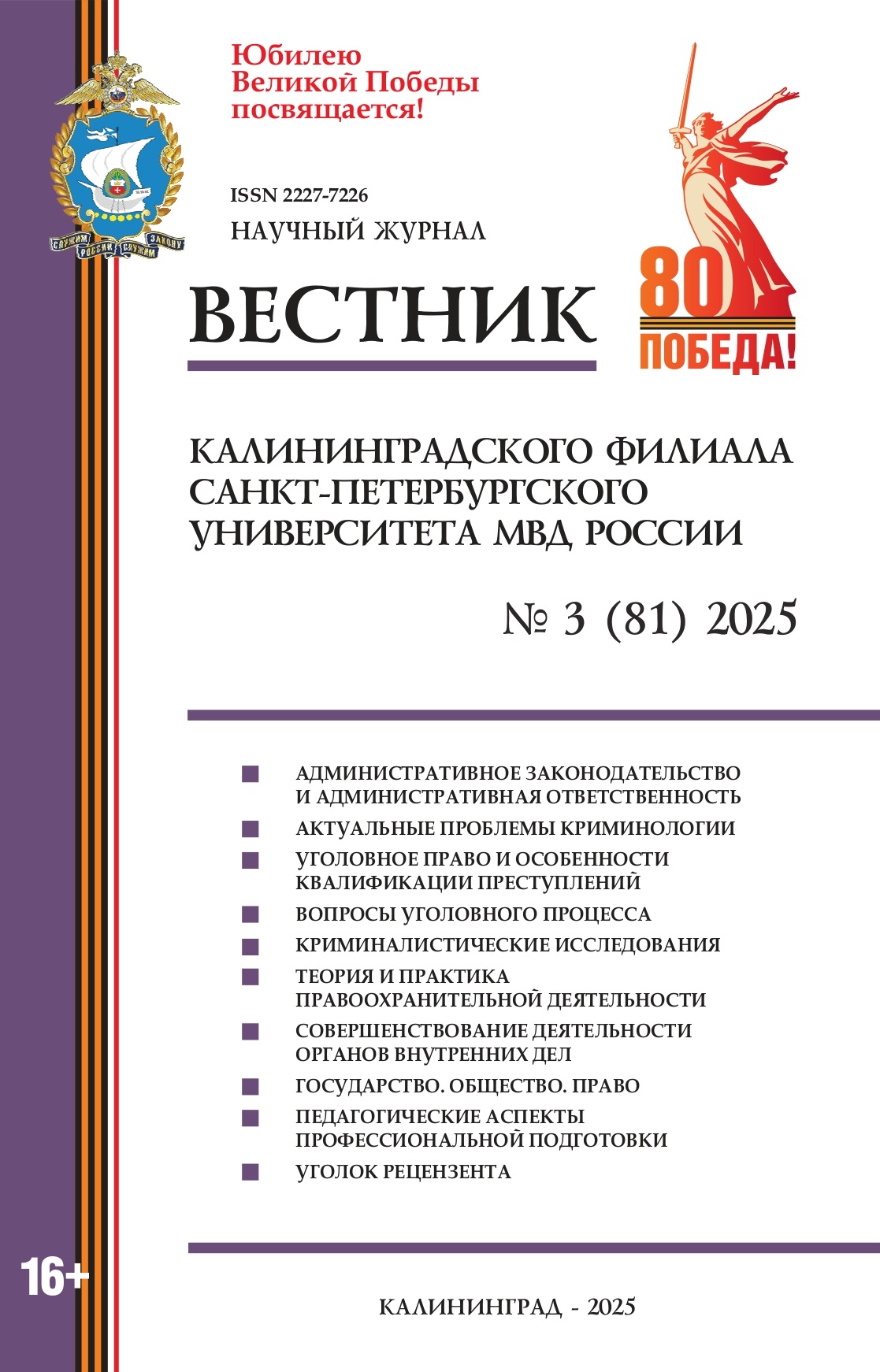employee
Moscow, Moscow, Russian Federation
Introduction. The article considers the practical problems of redistribution of testamentary refusals in cases of renunciation of inheritance and emergence of ownerless property, analyzes the collisions arising from the application of Article 1137 of the Civil Code of the Russian Federation in order to optimize the protection of legatees. The results of the study presented in this article deepen the understanding of some theoretical aspects of the redistribution of obligations under a testamentary refusal, emphasizing doctrinal gaps in the context of the evolution of inheritance law. Methods. The study used historical and legal analysis, doctrinal criticism of the positions of scientists and judicial precedents to identify systemic inconsistencies, which made it possible to identify an imbalance in the relationship between the principle of freedom of testament and imperative guarantees of the rights of heirs of a number of categories. Results. A conclusion is made about the need for legislative regulation of the redistribution of refusals when they cannot be executed in order to ensure the priority of obligatory heirs. It is proposed to clarify the powers of notaries to identify violations and refuse to certify wills containing potentially unenforceable refusals, as well as to develop uniform approaches for judicial practice, which will eliminate existing contradictions and increase the predictability of legal regulation in the area under consideration. The recommendations formulated by the author concern the application in judicial practice of teleological interpretation, subsidiary mechanisms of the law of obligations for terms, encumbrance limits and the procedure for transforming the terms of the legacy. The implementation of these proposals should help minimize disputes and ensure effective protection of interests in inheritance processes.
Testamentary refusal, hereditary mass, legacy, legatee, compulsory share, marital share, escheat property








